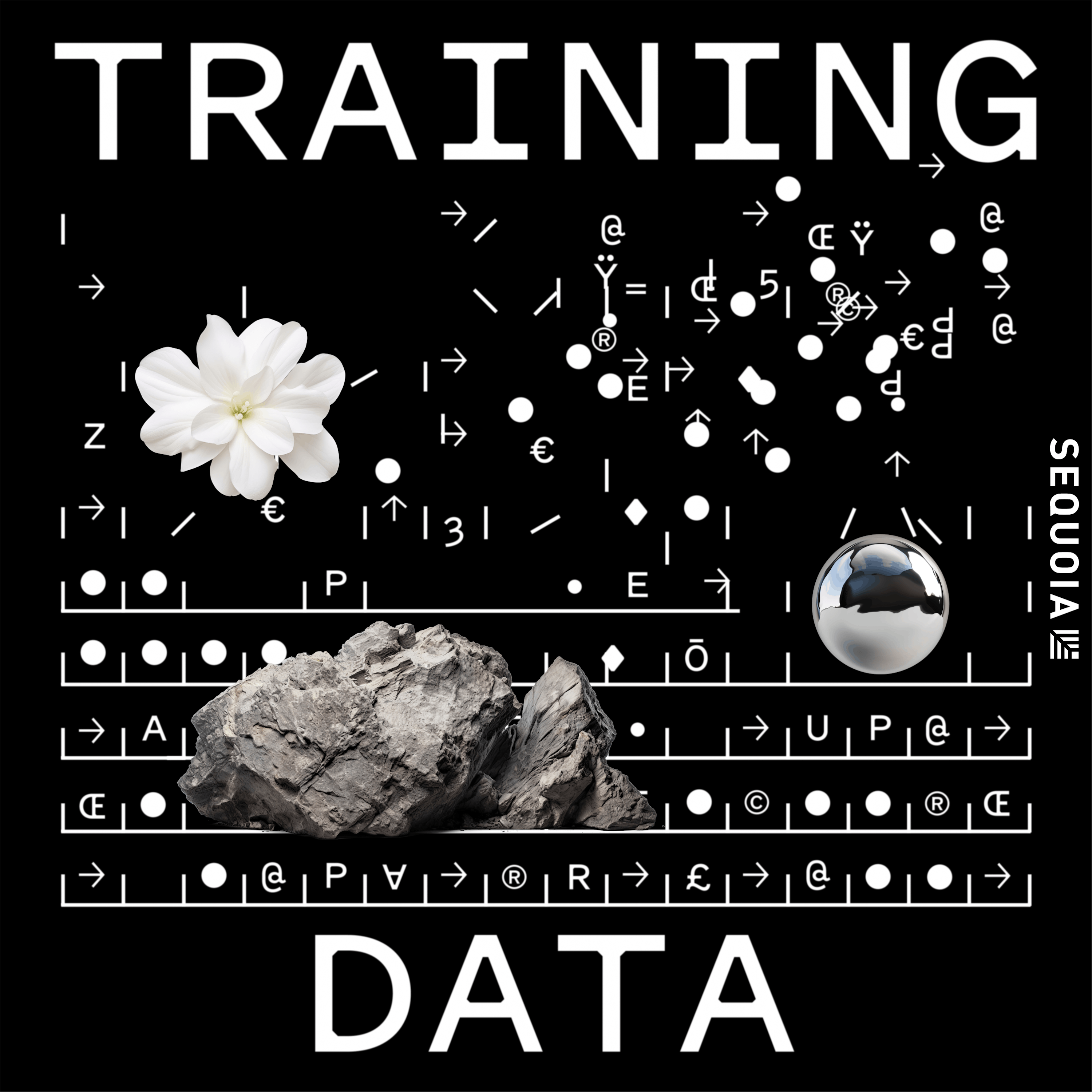LangChain’s Harrison Chase on Building the Orchestration Layer for AI Agents
Description
Last year, AutoGPT and Baby AGI captured our imaginations—agents quickly became the buzzword of the day…and then things went quiet. AutoGPT and Baby AGI may have marked a peak in the hype cycle, but this year has seen a wave of agentic breakouts on the product side, from Klarna’s customer support AI to Cognition’s Devin, etc.
Harrison Chase of LangChain is focused on enabling the orchestration layer for agents. In this conversation, he explains what’s changed that’s allowing agents to improve performance and find traction.
Harrison shares what he’s optimistic about, where he sees promise for agents vs. what he thinks will be trained into models themselves, and discusses novel kinds of UX that he imagines might transform how we experience agents in the future.
Hosted by: Sonya Huang and Pat Grady, Sequoia Capital
Mentioned:
ReAct: Synergizing Reasoning and Acting in Language Models, the first cognitive architecture for agents
SWE-agent: Agent-Computer Interfaces Enable Automated Software Engineering, small-model open-source software engineering agent from researchers at Princeton
Devin, autonomous software engineering from Cognition
V0: Generative UI agent from Vercel
GPT Researcher, a research agent
Language Model Cascades: 2022 paper by Google Brain and now OpenAI researcher David Dohan that was influential for Harrison in developing LangChain
Transcript: https://www.sequoiacap.com/podcast/training-data-harrison-chase/
00:00 Introduction
01:21 What are agents?
05:00 What is LangChain’s role in the agent ecosystem?
11:13 What is a cognitive architecture?
13:20 Is bespoke and hard coded the way the world is going, or a stop gap?
18:48 Focus on what makes your beer taste better
20:37 So what?
22:20 Where are agents getting traction?
25:35 Reflection, chain of thought, other techniques?
30:42 UX can influence the effectiveness of the architecture
35:30 What’s out of scope?
38:04 Fine tuning vs prompting?
42:17 Existing observability tools for LLMs vs needing a new architecture/approach
45:38 Lightning round
More Episodes
Years before co-founding Glean, Arvind was an early Google employee who helped design the search algorithm. Today, Glean is building search and work assistants inside the enterprise, which is arguably an even harder problem. One of the reasons enterprise search is so difficult is that each...
Published 10/29/24
Published 10/29/24
In recent years there’s been an influx of theoretical physicists into the leading AI labs. Do they have unique capabilities suited to studying large models or is it just herd behavior? To find out, we talked to our former AI Fellow (and now OpenAI researcher) Dan Roberts.
Roberts, co-author of...
Published 10/22/24


